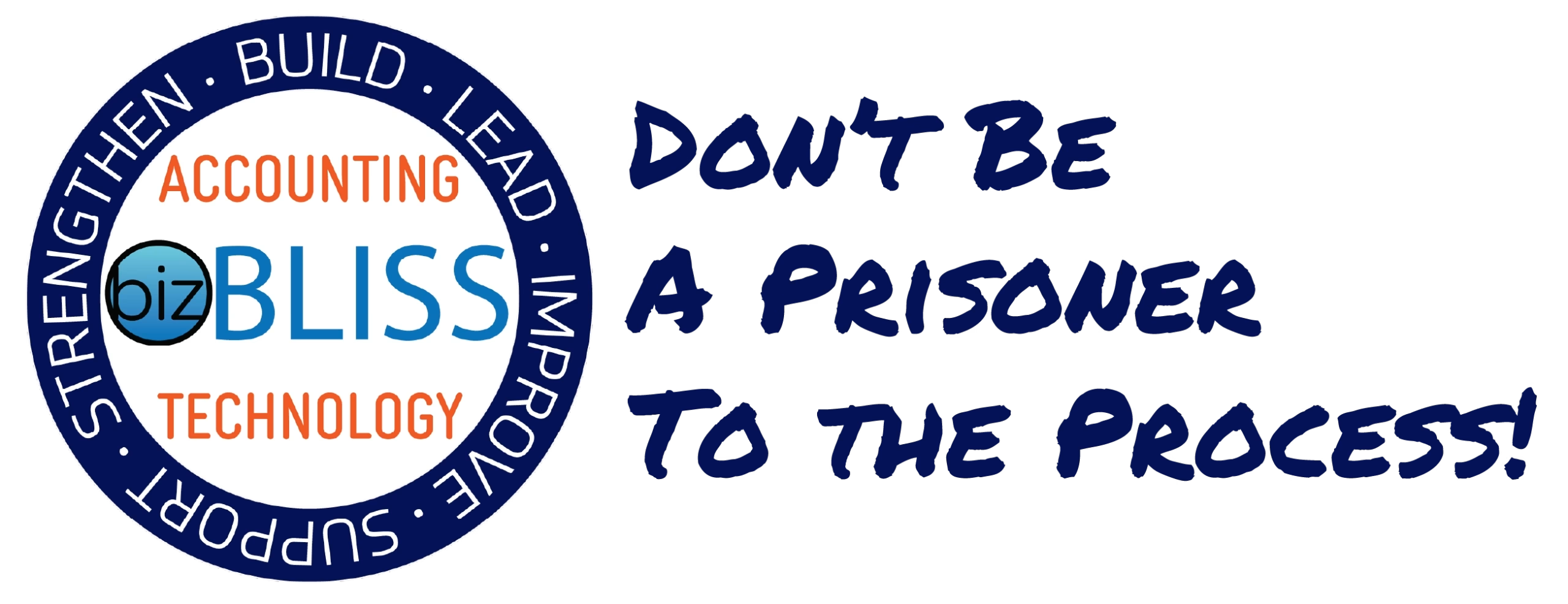Top Sole Proprietorships That Changed Industries

Sole proprietorships have shaped industries and inspired countless entrepreneurs. These businesses, owned by one person, are simple yet powerful.
They offer complete control and flexibility to the owner. This makes them an attractive option for many.
Starting a sole proprietorship is straightforward. It requires minimal paperwork and no complex procedures.
Famous sole proprietorships have left a lasting impact. They include J.K. Rowling’s writing career and Richard Branson’s Virgin Records.
These businesses demonstrate the potential of sole proprietorships. They show how one person can change an industry.
Understanding sole proprietorships is crucial for aspiring entrepreneurs. It helps in making informed decisions about business structures.
This article explores famous sole proprietorships and their influence. It also compares them to other business forms like LLCs.
Join us as we delve into the world of sole proprietorships. Discover how they have transformed industries and inspired innovation.
What Is a Sole Proprietorship?
A sole proprietorship is a business owned and run by one person. It’s the simplest form of business ownership, requiring no legal separation from its owner.
This type of business offers complete control to the owner. Decisions can be made quickly without the need for consensus.
Operating as a sole proprietorship has many benefits. These include ease of setup, low costs, and fewer regulatory hurdles.
The owner is personally responsible for the business’s debts and obligations. This lack of liability protection is a key characteristic.
Key Points of Sole Proprietorships:
- Owned by one person
- Easy to establish with minimal paperwork
- Full control over business decisions
- Personal liability for debts
- Business income is personal income
Sole proprietorships are ideal for testing new business ideas. Entrepreneurs often choose them as a starting point before exploring more complex structures.
Key Characteristics of Sole Proprietorships
Sole proprietorships are defined by several distinct characteristics. They are known for their simplicity and flexibility, making them a popular choice for new business owners.
One main feature is the complete control the owner has over the business. This control allows for quick decision-making without the need for consultation.
Another characteristic is the personal liability for business debts. The owner’s personal assets are at risk if the business incurs debt.
Key Characteristics:
- Business is not legally separate from the owner
- Easy and inexpensive to form and dissolve
- Personal liability for business debts and obligations
The simplicity of sole proprietorships reduces the administrative burden. This simplicity is attractive to those who wish to start small and manage all aspects of their business independently.
Sole Proprietorship vs. LLC: What’s the Difference?
Understanding the distinction between a sole proprietorship and an LLC is crucial for aspiring business owners. Each structure offers unique benefits and drawbacks.
A sole proprietorship is the simplest form of business ownership. It is owned and operated by one individual, with no legal separation between the owner and the business.
On the other hand, an LLC, or Limited Liability Company, provides liability protection. This means the owner’s personal assets are generally protected from business debts.
Key Differences:
- Sole proprietorship offers no liability protection
- LLC allows for multiple owners
- Tax treatment varies: sole proprietorships are taxed as personal income, while LLCs can choose a different tax structure

While a sole proprietorship is easy to start and manage, an LLC can provide a balance between simplicity and protection. Choosing between the two depends on the business needs, risk tolerance, and growth plans of the owner.
Why Sole Proprietorships Are Easy to Start
Starting a sole proprietorship is straightforward and requires minimal paperwork. This simplicity attracts many new entrepreneurs eager to launch their businesses.
One key reason is the low barrier to entry. There is no need for complex legal agreements or formal registrations, which can be cumbersome.
Benefits of Easy Setup:
- Minimal setup costs and paperwork
- No need for separate tax filings
- Full control over decision-making
Additionally, there are few legal requirements, making it hassle-free to begin. Because of this, new business owners can focus on developing their ideas and serving customers. The ease and affordability of sole proprietorships make them a popular choice for small, low-risk ventures, allowing entrepreneurs to quickly test their business concepts in the market.
Do You Need to Register a Sole Proprietorship?
Registration for a sole proprietorship usually depends on where you live and operate. Unlike corporations, there’s no need for formal registration at the federal level.
However, some local governments might require you to register your business name. This process is often called registering a “Doing Business As” (DBA) name.
When Registration Might Be Required:
- Operating under a trade name
- Local permits or licenses needed
- Specific industry regulations
It’s essential to check with your local government to understand the requirements. Generally, the process is straightforward and ensures that your business is compliant with all necessary regulations. Staying informed about these requirements helps avoid any legal issues down the road, allowing you to focus on growing your sole proprietorship.
Famous Sole Proprietorships That Changed Industries
Sole proprietorships have a unique power to transform industries. Driven by the vision of a single person, they often start small but have the potential for significant impact.
Many of these businesses have become household names, proving that one individual’s idea can change the world. From literature to beauty, sole proprietors have left their mark on various sectors.
J.K. Rowling and the Harry Potter Franchise
J.K. Rowling started her career as a sole proprietor with just an idea for a story. Her creation, “Harry Potter,” quickly became a global phenomenon, reshaping children’s literature.

Rowling’s journey from a struggling writer to a successful author inspires many entrepreneurs. Her story is a testament to how a sole proprietorship can evolve into a cultural juggernaut.
Richard Branson’s Virgin Records
Richard Branson began his business journey with Virgin Records as a sole proprietor. His innovative approach to music retail challenged industry norms and redefined the listening experience.

Virgin Records expanded rapidly, setting a high bar for entrepreneurs everywhere. Branson’s success story highlights the potential of starting small and thinking big.
Annie Malone’s Poro Beauty Products
Annie Malone revolutionized the beauty industry with Poro Beauty Products. Starting as a sole proprietor, she created haircare solutions specifically for African-American women.

Her innovative products and business acumen laid the groundwork for future beauty moguls. Malone’s legacy endures, reminding us of the impact of targeted innovation.
Kate’s Real Food
Kate’s Real Food began as a sole proprietorship focused on natural and organic ingredients. Founder Kate Schade transformed her passion for healthy eating into a thriving business.

Her commitment to quality and sustainability set her products apart. Kate’s Real Food exemplifies how personal values can shape a brand’s identity and success.
Other Notable Sole Proprietorships
Several sole proprietorships have left significant marks on their industries. Their innovation and dedication serve as inspiration for many.
- eBay’s early days
- Steve Jobs’ start with computers
- Estee Lauder’s cosmetic empire
These businesses demonstrate the potential of sole proprietorships to lead industry changes. Even when starting small, the impact can be widespread and enduring.
Common Examples of Sole Proprietorship Businesses
Sole proprietorships span various industries. They are particularly popular among small business owners and freelancers who value independence.
Many such businesses start with a single passion or skill. Owners often leverage personal networks and expertise to build their client bases.
Here are some common examples of sole proprietorship businesses:
- Freelance Writing
- Photography Services
- Small Retail Shops
- Consulting and Advising
- Gardening and Landscaping

These businesses benefit from low start-up costs and minimal regulatory hurdles. They are excellent for testing business ideas or pursuing niche markets. Sole proprietorships offer a platform for personal growth and exploration, allowing owners to turn hobbies into profit-generating ventures. Their flexibility and simplicity make them an attractive option for many budding entrepreneurs.
Advantages and Disadvantages of Sole Proprietorships
Sole proprietorships are an appealing choice for many entrepreneurs due to their simplicity and ease of setup. However, they come with their own set of advantages and disadvantages that must be considered.
Advantages
- Easy Setup: Sole proprietorships require minimal paperwork.
- Complete Control: Owners make all business decisions independently.
- Tax Benefits: Business income is reported on the personal tax return.
These advantages make sole proprietorships a popular option for those seeking personal freedom and straightforward management.
Disadvantages
- Unlimited Liability: Owners are personally liable for business debts.
- Limited Capital: Raising funds can be challenging without external investors.
- Sole Responsibility: The owner must handle all business operations alone.

These disadvantages highlight potential risks for sole proprietors, especially in industries with higher liabilities or capital requirements. Despite these challenges, sole proprietorships can be a great starting point for those ready to take on the responsibilities and rewards of business ownership. Careful planning and consideration of potential obstacles can pave the way for a successful venture.
Can a Sole Proprietorship Become an LLC?
Yes, a sole proprietorship can transition into an LLC. This change offers liability protection, which sole proprietorships lack. Converting provides a safeguard against personal liability in the event of business debts or lawsuits.
To transform a sole proprietorship into an LLC, follow these key steps:
- Choose a Business Name: Ensure it’s unique and not already in use.
- File Articles of Organization: Submit these to the state’s business authority.
- Create an Operating Agreement: Draft a document outlining the LLC’s structure and regulations.
This transition can support business growth while protecting personal assets. Although this process involves additional paperwork and fees, the benefits of establishing an LLC—such as liability protection and potential tax advantages—often outweigh these initial hurdles.
Frequently Asked Questions About Sole Proprietorships
Many wonder what a sole partnership really means. A sole proprietorship is essentially a business owned by one person. It’s the simplest business structure, requiring no elaborate setup.
A common question is whether you must register a sole proprietorship. In most cases, formal registration isn’t necessary. However, local permits or licenses might still be required depending on your business activities.
Some ponder if a sole proprietor can be an LLC. While a sole proprietorship cannot directly be an LLC, you can transition to an LLC. This offers advantages like liability protection and a more formal business structure.
Here are a few more frequently asked questions:
- What are examples of sole proprietorships?
- What does it mean for liability?
- How are taxes handled?
These common questions highlight the need to understand both the benefits and limitations of this straightforward business type.
Conclusion: Is a Sole Proprietorship Right for You?
Choosing the right business structure depends on your goals. A sole proprietorship offers simplicity and full control for the owner. It’s ideal for low-risk ventures and those looking to test business ideas with minimal fuss.
However, consider the lack of liability protection. If your business involves significant risk or the need to raise capital, exploring other structures like an LLC might be wise. Evaluate your needs and preferences carefully to make an informed decision. Ultimately, your choice should align with your vision for the business’s future.
Key Takeaways
- A sole proprietorship is a simple business structure owned by one person, offering complete control and minimal paperwork.
- Starting a sole proprietorship requires low costs and few regulatory hurdles, making it an attractive option.
- While sole proprietorships allow for quick decision-making, they come with unlimited personal liability for debts.
- Famous examples like J.K. Rowling and Richard Branson show how sole proprietorships can transform industries.
- It’s crucial for aspiring entrepreneurs to understand the benefits and drawbacks of sole proprietorships before deciding.


